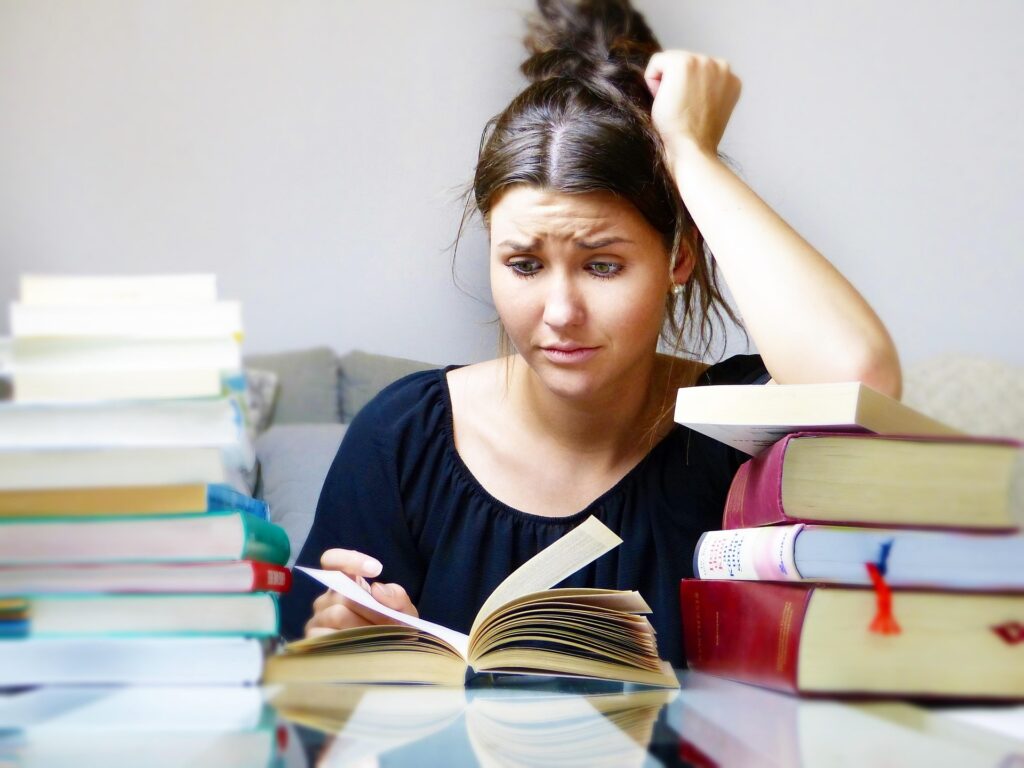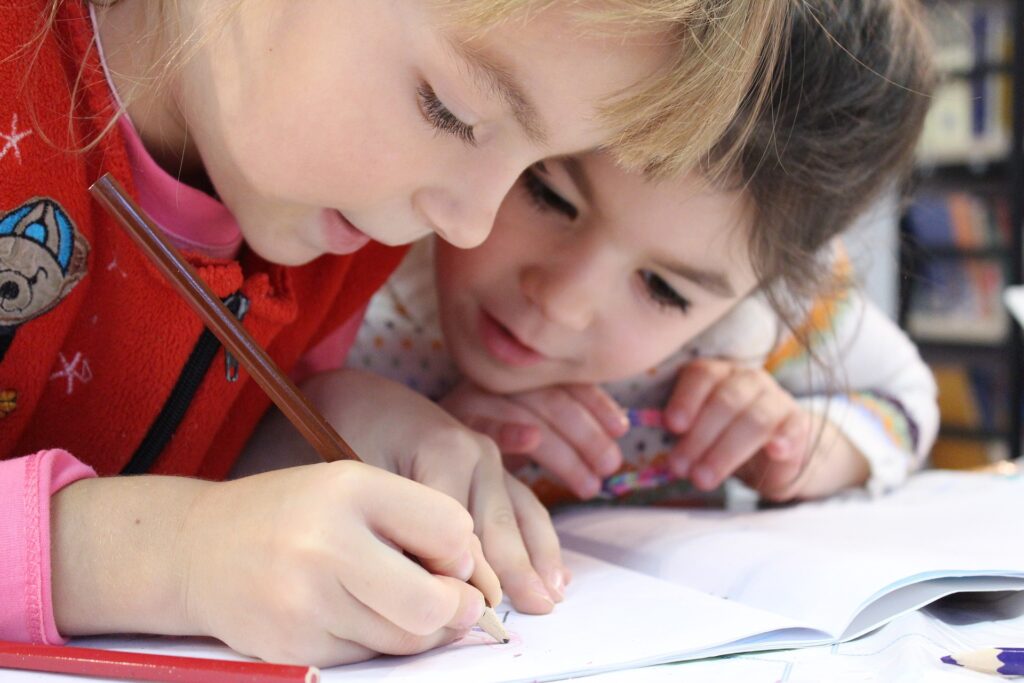
Treating adhd without medication…Often the first step in treating ADHD is to try different methods before committing to medication. Behavioral therapy, for example, is widely recommended by the American Academy of Pediatrics as early as age 6. The idea of treating adhd without medication is not without merit but you have to be consistent in your approach.
It works by teaching children and parents techniques to manage disruptive behavior, which includes redirecting impulsive or hyperactive behaviors. These techniques can also be useful for non-ADHD kids who have trouble paying attention or are unable to follow directions.
Medicine for ADHD
Medication is often the most common treatment for ADHD, and it may help someone focus, be less impulsive and feel calmer. It’s usually prescribed by a specialist, such as a paediatrician or psychiatrist.
Medications are typically taken daily or every other day. They can be given in small doses to start with, then increased gradually. They should be monitored by a GP to check for side effects and to see how they’re working.
CBT for ADD
Cognitive behaviour therapy (CBT) is an evidence-based approach to treating ADHD. It aims to change negative thoughts that can interfere with concentration and behaviour, such as “I’m never good enough” or “I have to do this all the time”.
Neurofeedback
For some people with ADHD, neurofeedback can help reduce symptoms by regulating brain activity. This involves using rewards and stimuli to encourage alternative, healthier brain function, which may not be occurring in a person’s brain when they experience symptoms.
Lifestyle changes
A healthy diet, exercise and a positive environment are also effective ways of reducing ADHD symptoms. These are often done in conjunction with other therapies, and results vary from person to person.
What causes ADHD?
Attention, activity, and self-control are skills that children learn as they grow up. They develop little by little over time and usually get better with practice. Some kids are just not good at these things, so they can have problems at school, home or with their friends.
It is thought that the brains of people with ADHD are different from those of others. It is not clear what causes this, but it may be linked to certain genes or toxins in the environment.

Early childhood (before age 12) is the most common time for ADHD to start. If you think that your child is having symptoms that seem to be related to ADHD, talk with your doctor.
If your child has a history of depression, low self-esteem or has had difficulties with relationships, these can also be symptoms of ADHD. Your doctor may prescribe antidepressants, such as SSRIs, to treat these.
Treatment for ADHD involves a combination of medication and behavior therapy. Your doctor will work with you and your child to create a plan that is right for you.
Medications for ADHD include stimulants, which can help with hyperactive and impulsive behaviors. They work by changing how your brain responds to chemicals called dopamine and serotonin.
Drugs can be effective for most of the symptoms of ADHD, but they often come with side effects. These include weight loss, nausea, vomiting and trouble sleeping. Call your doctor immediately if you notice any of these side effects.
ADHD symptoms and treatment
When kids have trouble paying attention, getting organized, or controlling their behaviors at home and at school, it may be an indication of ADHD. Often, the symptoms start in childhood and get worse as children grow up.
Early identification and treatment of ADHD can prevent problems such as school failure, family stress and disruption, depression, substance abuse, delinquency, accidents, and job loss.
A health check, such as a physical exam or mental evaluation, can help your doctor determine the diagnosis of ADHD. They can also rule out other medical or learning problems that might be causing your child’s symptoms.
Your doctor might refer you to a child psychologist or psychiatrist. These mental health professionals can do a more thorough evaluation to confirm your child’s diagnosis.
Medications for ADHD are prescribed by your doctor to treat your child’s symptoms. These medications help your child focus on tasks and stay alert without making careless mistakes or becoming impulsive.
Behavior therapy is another treatment for ADHD that focuses on changing a child’s thoughts and emotions, which can affect their behavior in negative ways. Therapists can help your child learn social skills and develop the self-control needed to manage their symptoms.
Parenting support, counseling, and education are also important to help your child cope with their symptoms. Psychiatric counselors can educate parents about their child’s disorder and teach them parenting skills that help their child control their symptoms.
Other treatments include dietary supplements, such as omega-3s, which have been shown to be helpful in treating ADHD. However, these supplements should be a last resort and should not be tried before seeking medical advice.
What is the most effective treatment for ADHD?
The most effective ADHD treatment often involves a combination of medication, therapy, behavior changes, and skills training. Your doctor will work with you to find a treatment plan that’s right for you.
Stimulant medications (also called attention deficit hyperactivity disorder medicines) are the most common drugs prescribed for ADHD. They boost the levels of dopamine and norepinephrine in your brain.
These medications are safe when used with appropriate clinical monitoring. However, they may cause side effects such as dry mouth and sedation. You should also be careful about taking them with other drugs, especially if you have a history of substance use disorders.
Methylphenidate, a type of stimulant, is the most commonly prescribed drug for adults and children with ADHD. It’s available in immediate-release and modified-release tablets, and can be taken 2 to 3 times a day.
Adults should be titrated to an effective dose based on response and tolerability. This should be done with regular clinical visits to monitor symptom severity, side effects, heart rate, blood pressure, and compliance.
Non-stimulant drugs (also called attention-deficit disorder medicines) can help improve symptoms of ADHD such as concentration, impulsivity, and social problems. These medications include norepinephrine reuptake inhibitors, alpha-2 adrenergic agonists, and tricyclic antidepressants. Talk therapy for anxiety and depression is an important part of treatment for people with ADHD. It can help you understand why your symptoms occur, how to manage them, and learn coping strategies.
If you liked the article, please donate!
